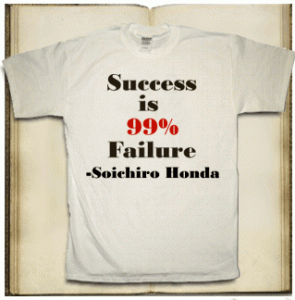Your words are your reality. I have been reading about the power of the words people speak. These instructions they give their subconscious mind directs their activities and ultimately creates their reality. I have been paying close attention to the words I use when I am making statements. The idea boils down to expressing independence versus dependence and shapes our reality.
We all use these subconscious words daily. I was surprised how often I use words of dependence – which was not the reality I intended to be creating or the vibe I was giving off to the world. Have you ever said “I need… (fill in the blank)?” Using the word “need” expresses to everyone and anyone who will listen that you are thinking of yourself as dependent. You are a victim. Are you attempting to convey to the world that you are a victim? More importantly, are you attempting to convince yourself that you are a dependent victim?
Wishing, wanting and hoping are more of those words of dependence and will ultimately leave you unfulfilled. Remember, your words create your reality! If you catch yourself saying I “wish” I was rich, you are expressing to the universe that you are at its mercy and a dependent being. The reality that those words will create for you will is more wishing that you were rich and not the reality of being rich. If you say instead I “intend” to be rich, you will instruct your brain to begin formulating the blueprint to make it happen. Even in its subconscious state you still control what your brain thinks.
I am going to be rich.
I will go to law school.
I intend to take vacation next month.
Using statements like those above challenges your brain to solve the problem you just posed. You will develop a plan and achieve those goals. You will also not allow yourself to spend time shuffling through your “go to” excuses for not achieving your goals. Excuses are the “outs” we give ourselves when we set our list of achievements up from the beginning with those loophole words above.
Needing yields only more needing.
Wishing yields only more wishing.
Wanting yields only more wanting.
Hoping yields only more hoping.
I challenge you to pay attention and see how much you and the people around you use words of dependence. You gain knowledge of a person’s outlook on life. Do you want to surround yourself with or do business with people with a dependent victim mentality who will have a propensity for not achieving goals and making excuses? Refuse to be the victim by not speaking like one. Be empowered!




